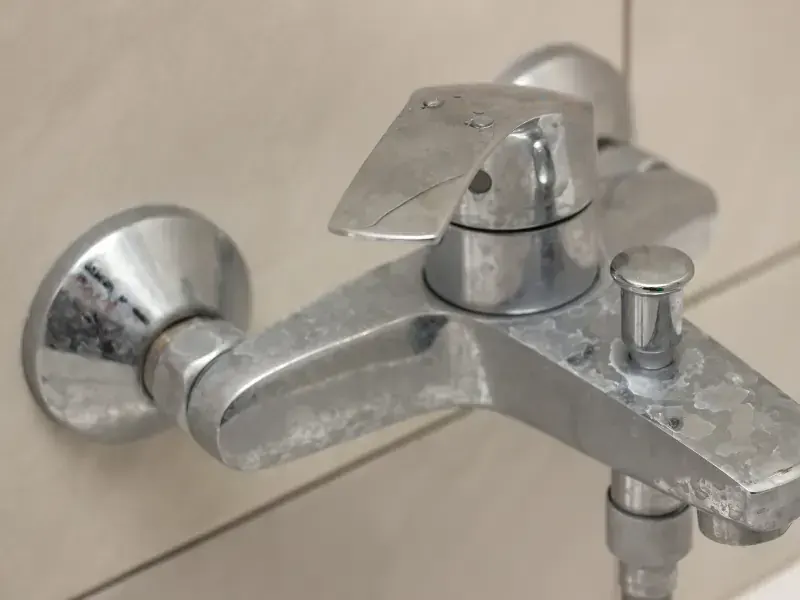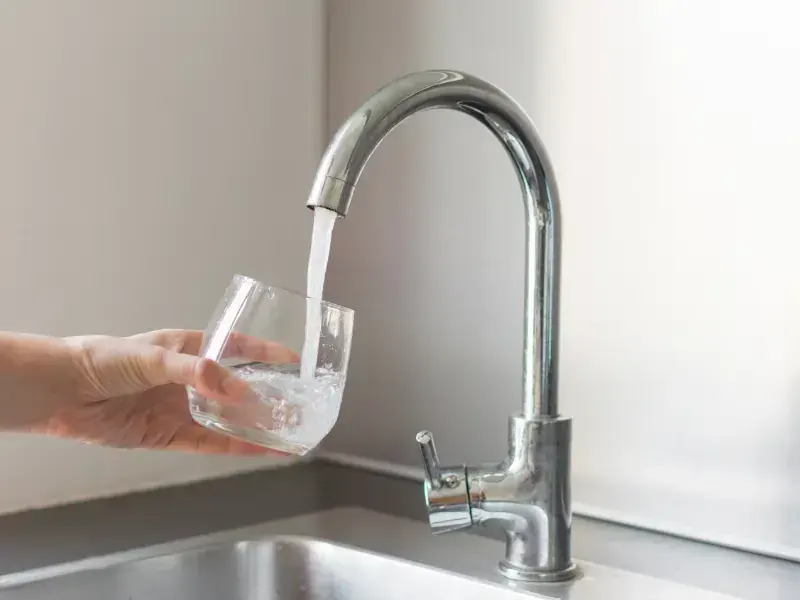Understanding the Difference Between Hard and Soft Water
Have you ever noticed stubborn limescale in your kettle or a chalky film on your showerhead? These annoying symptoms are signs of hard water.
Understanding the difference between hard and soft water can help you take better care of your home, your health and your wallet.
But how does hard and soft water affect your home’s water quality?
What Does Hard and Soft Water Mean?
Hard and soft water refers to the amount of minerals like calcium and magnesium that are dissolved in your home’s water supply. Hard water has a high mineral count whereas soft water tends to have a lower amounts of minerals but a higher amount of sodium.
Water hardness is typically measured in parts per million (ppm) - the higher the number the harder the water is.
Where you live plays a critical role in determining how hard or soft your water is. For example, in Sydney, the drinking water is considered to be soft whereas in Adelaide’s water is hard.
Common Signs of Hard Water
- Feeling a film on your hands after washing them. This film is caused by chemicals in the soap reacting with the calcium to form soap scum.
- White spots on your glasses and silverware when they come out of the dishwasher
- Low water pressure in your home
- A soap scum film in your bath, shower or sink
- You notice mineral stains that appear on your clothes after being washed

What Are The Effects of Hard Water?
Hard water can have several noticeable side effects that include:
Reduced Soap Efficiency: Hard water prevents soap from lathering properly. This means you need to use more products for cleaning
Soap Scum Buildup: Soap scum leads to stubborn stains
Limescale Formation: When you heat or boil hard water causes calcium and magnesium to crystalise, reducing their efficiency and overall lifespan. Limescale can also damage your appliances like dishwashers and washing machines.
Dry Hair and Skin: Calcium and magnesium in hard water can react with shampoos and soaps, potentially causing dryness and irritation.
Increased Energy Bills: Limescale buildup on your appliances, causing them to work harder increasing your energy consumption. Limescale can also spike your energy bills.
What Are The Benefits of Soft Water?
- Thick lather or soap suds when you wash your hands, body, hair, dishes and clothes
- Strong, uninterrupted water pressure
- No Mineral Residue
- Cleaner Clothes
- Prevent your skin and hair from becoming dry and brittle
- Protect pipes and appliances like washing machines
- Decrease your water bills and usage
Help To Make Informed Decisions About Your Water
Understanding the differences between hard and soft water is essential to maintaining the quality of your home’s water supply. Hard water can cause damage to your plumbing network, appliances and easily irritate your skin.
By knowing and recognising the signs of hard and soft water, you can make informed decisions to improve your home’s water quality, protect your appliances and reduce the long-term effects of mineral build-up.
If you are still unsure and want more information about the effects of soft and hard water on your home, contact our expert plumbers at (02) 8188 5339 or fill out our online enquiry form today.

